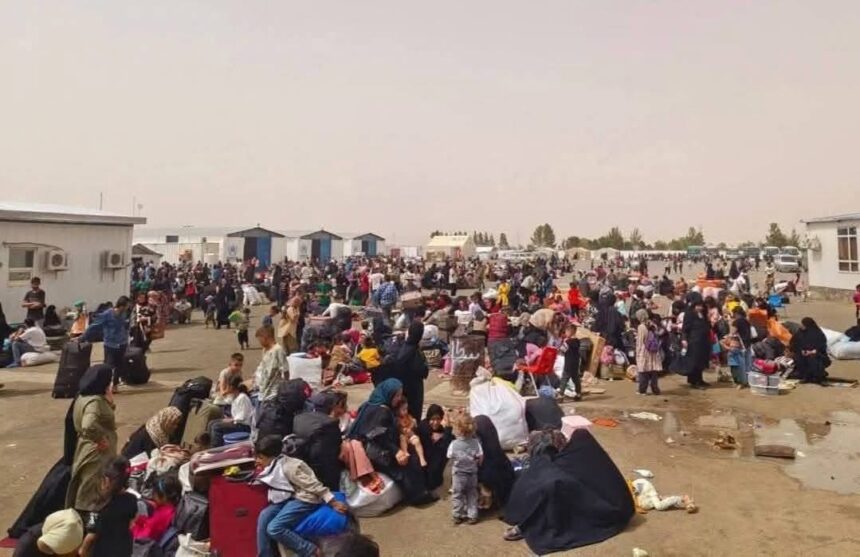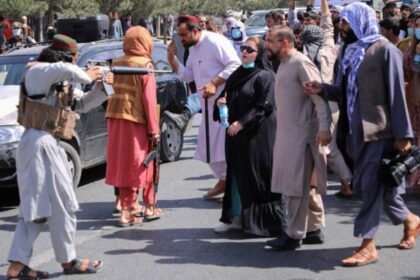RASC News Agency: The United Nations High Commissioner for Refugees (UNHCR) has sounded a grave alarm over the escalating crisis of forced deportations of Afghanistani migrants from Iran. The number of deportees now surpasses an astonishing 50,000 individuals per day, a scale that the international community describes as both unsustainable and inhumane. In a stark statement released on Saturday, July 12, via the social platform X (formerly Twitter), UNHCR representative Arafat Jamal detailed the harrowing circumstances confronting those forcibly returned. “Many returnees are suddenly expelled from their homes with no prior notice,” Jamal lamented. “After enduring perilous and degrading journeys, they arrive exhausted, humiliated, and utterly devoid of resources.” His account is backed by on-the-ground reports that reveal the profound physical, psychological, and logistical challenges faced by these vulnerable populations.
Crucially, the deportees are not simply displaced nationals but include a significant proportion of youth and children born or raised abroad, alienated from the language, culture, and landscape of Afghanistan. This generational disconnect compounds the trauma of forced return, leaving many without any meaningful support or prospects for reintegration. The relentless pace of these deportations has overwhelmed Afghanistan’s already fragile border provinces. UNHCR’s assessments highlight the catastrophic lack of basic infrastructure shelter, clean water, medical care, and food that renders these areas incapable of meeting the urgent needs of hundreds of thousands of new arrivals. Despite the Taliban’s claim of governance and control, their administration has failed spectacularly to develop or implement any coherent humanitarian or reintegration strategies. Consequently, countless returnees are condemned to squalid encampments, exposed to scorching heat and deprivation.
Since January 2024, more than 1.6 million Afghanistani migrants have been forcibly expelled from Iran and Pakistan far exceeding the projections of global aid agencies. Notably, a large number of these individuals hold recognized refugee status or comparable protections under international law. Their forced return violates basic human rights and risks further destabilizing Afghanistan’s already fragile social fabric. Women and girls bear the brunt of this crisis. Having experienced relative freedoms in host countries including education and employment they now face a brutal regression under Taliban rule, where girls’ education beyond primary school is banned and women’s participation in public life is systematically suppressed.
International actors have repeatedly condemned the expulsions and urged the Taliban to facilitate safe, dignified returns with full humanitarian access. Yet, the Taliban’s response remains a hollow facade, characterized by inaction, denial, and obstruction. Their governance structures lack legitimacy, capacity, and political will to manage this humanitarian catastrophe, leaving aid agencies overwhelmed and underfunded. The consequences of continued neglect are dire. With soaring summer temperatures and increasing desperation, the risk of widespread malnutrition, illness, mental health crises, and even mortality among returnees escalates sharply. The international community now faces a critical imperative: either significantly increase humanitarian aid and pressure the Taliban to open access, or witness the deepening of a man-made human tragedy that threatens to engulf millions.
In sum, this crisis lays bare the catastrophic consequences of Taliban rule not merely as a political or ideological regime but as an administration utterly indifferent to the most basic human needs and rights of the people it purports to govern.






